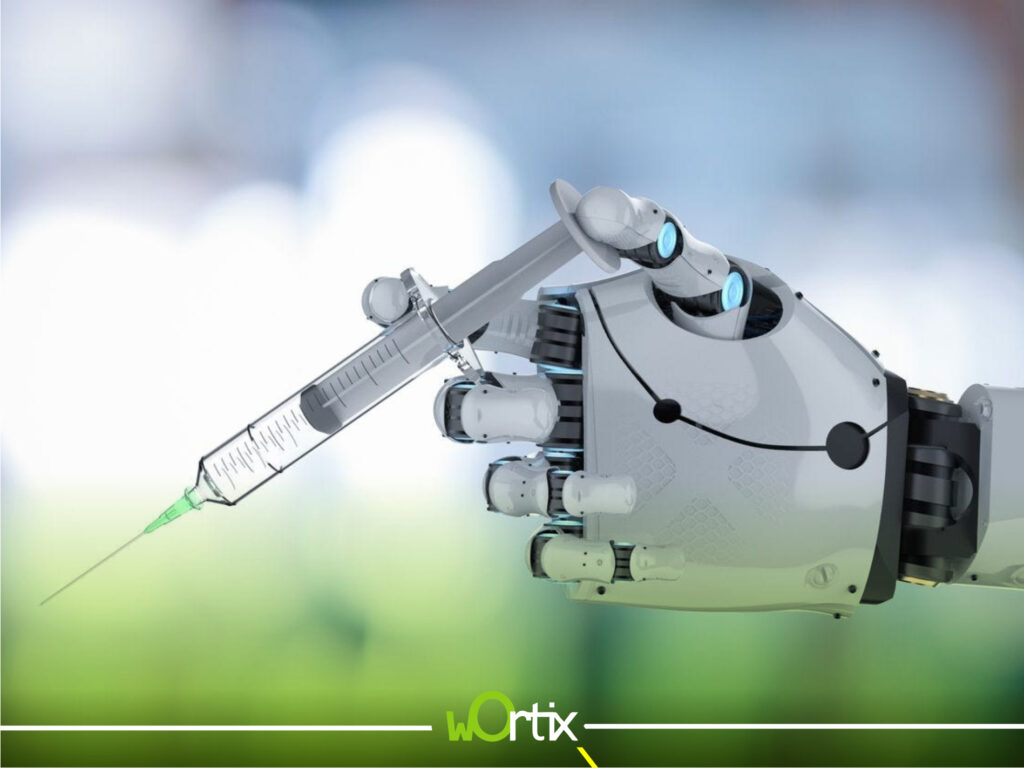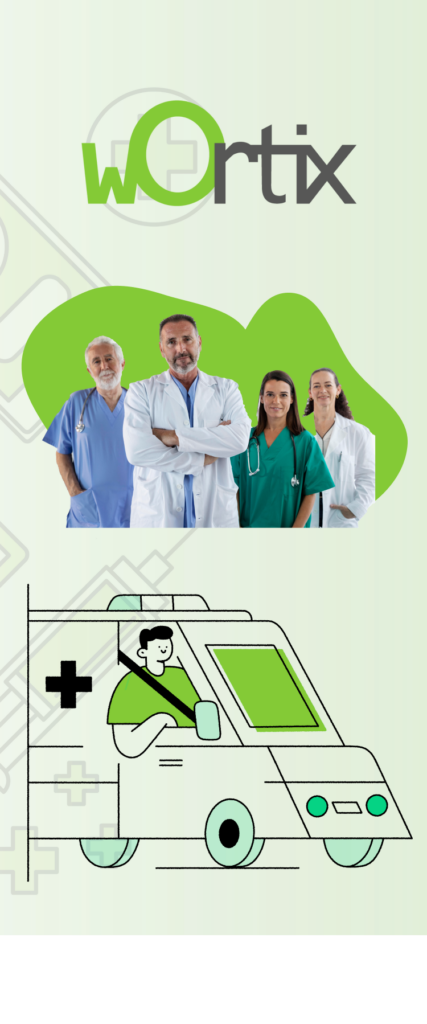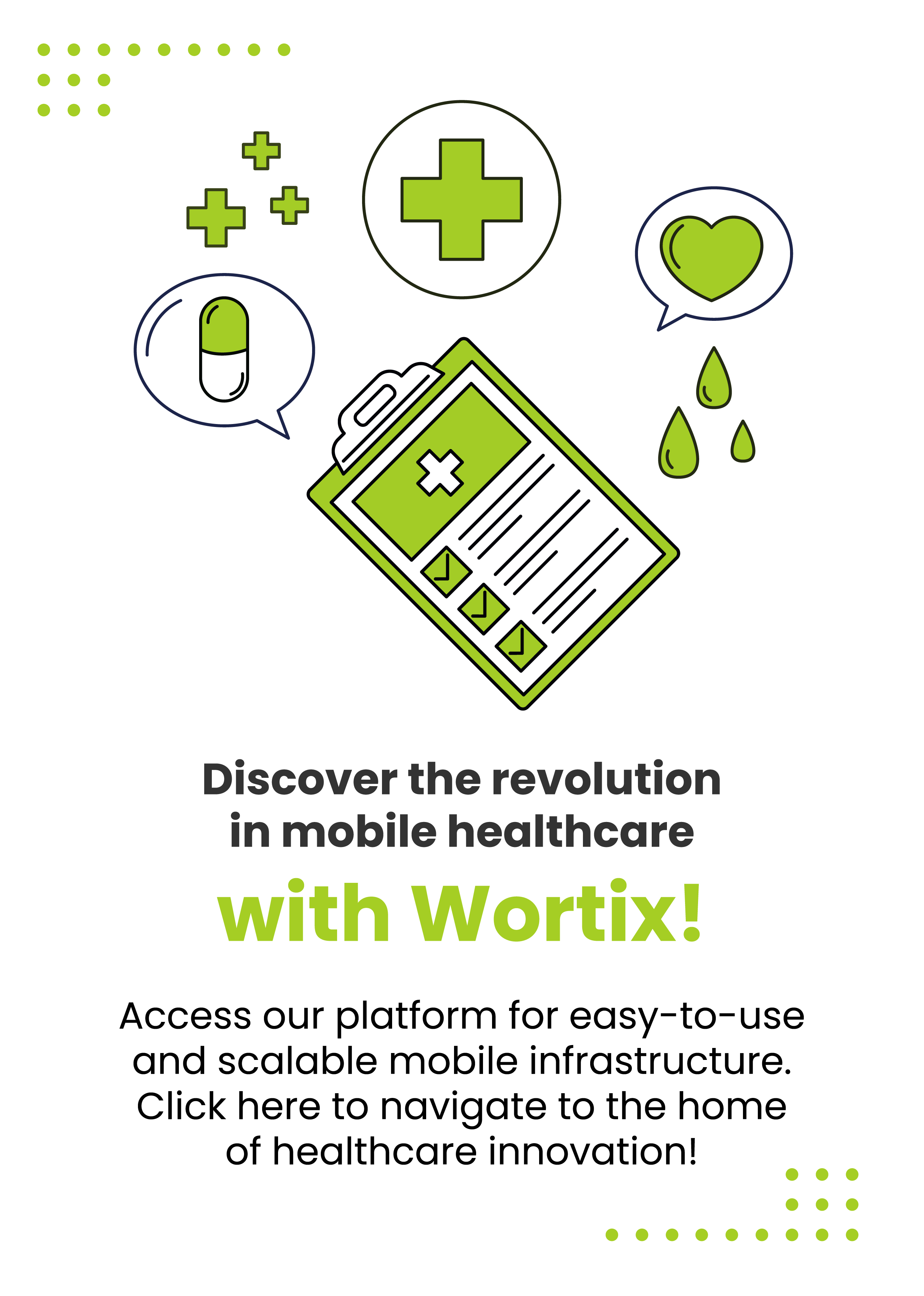Artificial intelligence (AI) is breaking into the field of healthcare, radically transforming how diseases are diagnosed, treated, and managed. From more precise diagnoses to personalized treatments, AI is changing the game and promising to revolutionize the future of medicine. In this article, we will explore the impact of AI on intelligent healthcare and how it is reshaping the landscape of health for patients and professionals alike.
Exploring how artificial intelligence (AI) is revolutionizing healthcare
The healthcare sector is undergoing an unprecedented transformation, driven by the transformative power of AI. This disruptive technology is revolutionizing how healthcare is delivered, investigated, and managed, opening up unimaginable possibilities.
With innovative advances in machine learning, natural language processing, and computer vision, AI is revolutionizing every aspect of the health sector.
One of AI’s major impacts in healthcare is its ability to enhance diagnosis accuracy and speed. AI algorithms can analyze vast medical data sets, from MRI images to clinical records, identifying patterns and signals unnoticed by human doctors. This AI-assisted diagnosis not only speeds up the process but also improves accuracy, leading to more effective treatment and enhanced clinical outcomes.
Beyond diagnosis, AI plays a crucial role in personalizing healthcare. AI systems analyze patients’ genetic and medical data to develop customized treatment plans tailored to individual needs, allowing for more precise and effective care.
Another vital aspect of AI in healthcare is its ability to improve operational efficiency in hospitals and clinics. AI systems optimize appointment scheduling, manage patient flow, and predict service demand, reducing wait times and improving resource utilization. Moreover, AI can identify fraudulent billing patterns and improve billing accuracy, reducing administrative costs and enhancing healthcare institutions’ profitability.
Despite its vast potential, implementing AI in healthcare presents challenges, such as ensuring patient data privacy and security, ethics in algorithm development and usage, and training professionals to use and interpret AI-generated information. Nonetheless, AI has the potential to radically transform healthcare, making it more accurate, efficient, personalized, and accessible.
AI’s Emergence in Healthcare
AI has emerged as a disruptive force in healthcare, fundamentally changing how diseases are diagnosed, treated, and managed. As AI continues to evolve, its potential to transform healthcare will only grow. With increased investment in research and development, as well as greater adoption of AI technologies across the healthcare sector, we can expect even more exciting advances in the coming years. AI is on its way to becoming an indispensable tool in improving healthcare and population well-being.
Use cases of AI in disease diagnosis and treatment
These are just a few examples of how AI is transforming disease diagnosis and treatment in healthcare. With ongoing advancements in technology and research, we can expect to see even more innovative AI applications in the future, improving the accuracy, efficacy, and accessibility of healthcare worldwide.
AI in social determinants of health (SDOH):
Addressing social determinants of health relies heavily on data availability. However, crucial information is often scattered across different systems, hindering progress in hospitals and healthcare systems.
Endeavor Health, formerly known as NorthShore – Edward-Elmhurst Health, has overcome this challenge and accelerated its health equity initiatives by unlocking key Social Determinants of Health (SDOH) data using natural language processing (NLP) provided by IQVIA. By identifying a concerning 22-year gap in life expectancy across the regional population, clinical leaders sought to uncover the social and environmental factors driving this disparity using innovative approaches. Thanks to this IQVIA solution, emergency department social workers were able to shift their focus from spending 80% of their time reviewing medical records to spending 80% of their time positively impacting patients.
AI could enhance atrial fibrillation (AF) detection:
A recent study reports that an AI program trained to analyze cardiac ultrasounds can identify abnormal heart rhythms that doctors may overlook.
Dr. Neal Yuan, a scientist at the Smidt Heart Institute in Los Angeles and corresponding author of the study, notes that AF can be intermittent, making it difficult to detect during a medical appointment. The AI algorithm can identify patients with AF even when it is not present during an echocardiogram.
During AF, the upper chambers of the heart sometimes beat irregularly, making detection challenging. This condition can lead to serious complications, such as heart failure and stroke.
To address this challenge, Yuan’s team trained an AI program using over 100,000 echocardiogram videos from patients with AF. The AI could differentiate between normal and abnormal heart rhythms and predict which patients would develop AF within 90 days, surpassing the accuracy of known risk factors.
Dr. Christine Albert, chair of cardiology at the Smidt Heart Institute and co-author of the study, highlights the significant clinical potential of this program in early AF detection.
The study’s results, published in the Digital Medicine journal, suggest that AI could play a crucial role in improving AF diagnosis and treatment, thereby helping to prevent serious complications associated with this cardiac condition.

Benefits and challenges of AI implementation in healthcare
Implementing AI in healthcare is radically transforming how diseases are diagnosed and treated, but also presents significant challenges that must be proactively addressed.
Benefits of AI in healthcare:
Precise and early diagnosis: AI can analyze large medical data sets to identify patterns and signals that humans may overlook, leading to more accurate and early disease diagnosis.
Treatment personalization: by analyzing individual genetic and medical data, AI can help design personalized treatment plans that adapt to each patient’s unique needs, improving clinical outcomes.
Operational efficiency: Automating administrative tasks and data processing can free up time for healthcare professionals, allowing them to focus on direct patient care and improving operational efficiency in hospitals and clinics.
Outcome prediction: Through predictive analysis, AI can forecast potential treatment outcomes and complications, enabling early intervention and more effective preventive care.
Challenges of AI implementation in healthcare
Data privacy and security: collecting and analyzing large amounts of medical data raise concerns about patient information privacy and security. Robust data protection measures are essential to ensure the confidentiality and integrity of medical records. As seen in the case of the cyberattack that disrupted clinical operations at Ascension Healthcare Network, a significant nonprofit healthcare organization.
Interpretation and transparency: although AI can generate accurate results, understanding how it reaches those conclusions is often challenging. Interpreting and ensuring transparency in AI algorithms are significant challenges that must be addressed to ensure trust and acceptance by healthcare professionals and patients.
Equity and bias: there is a risk that AI algorithms may reinforce or even amplify existing biases in medical data, resulting in disparities in healthcare. Developing and validating algorithms that are equitable and fair for all patient groups is essential.
Regulation and standards: the rapid evolution of AI in healthcare poses regulatory challenges, as current laws and regulations may not adequately address these new technologies. Strong and adaptable regulation is needed to ensure the ethical and safe use of AI in healthcare.
In summary, while implementing artificial intelligence in healthcare offers a range of promising benefits, it also poses significant challenges that must be effectively addressed to ensure its success and maximum benefit for patients and healthcare professionals.
Advancing towards a future of intelligent healthcare
The revolution of artificial intelligence in healthcare is undeniable. From early disease detection to treatment optimization, AI is driving a fundamental change in how we approach health. As we continue to explore the possibilities of this technology, it is crucial to maintain a balance between innovation and ethics, ensuring that intelligent healthcare always prioritizes patient well-being and safety. With a collaborative approach among healthcare professionals, AI developers, and regulators, we can forge a future where medicine is more precise, personalized, and accessible to all.
If you are interested in learning more about how Wortix can help optimize healthcare, feel free to visit our website at https://www.wortix.com/. We’re here to assist in taking the next step towards a more efficient and economically sustainable future in the healthcare sector.
Sources consulted
https://www.usnews.com/news/health-news/articles/2024-05-07/ai-might-boost-detection-of-a-fib
















